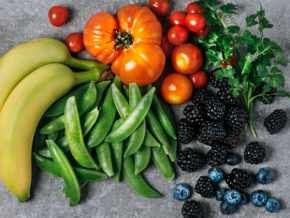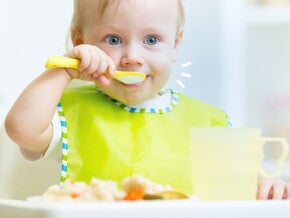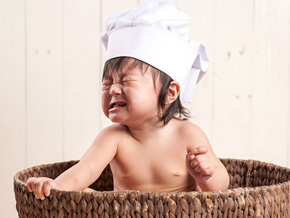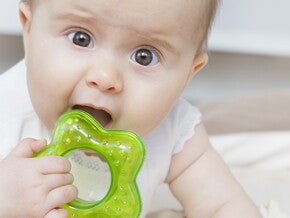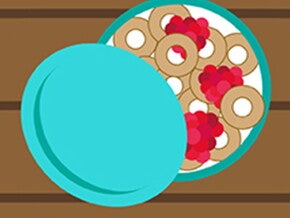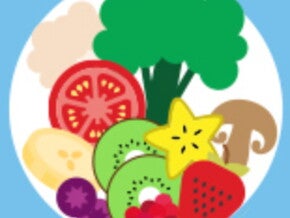
Safe Food Preparation Principles
Follow these stay-safe principles when you’re shopping or preparing food for your baby.
Rule #1 Remember food hygiene
Your baby’s immune system is less developed than yours so he’s more vulnerable to bacteria and food poisoning. That’s why it’s important to take extra care when preparing, cooking, and storing your baby’s food. You don’t need to make your kitchen completely sterile but you should follow basic hygiene rules such as washing your hands before preparing food and after touching raw meat.
Rule #2 Clean bowls and utensils thoroughly
Make sure plates, bowls, and spoons have been washed thoroughly in hot soapy water and don’t re-use them after a meal. It’s a good idea to have a couple of extra clean spoons on hand in case the original ones end up on the floor. If your baby shows you signs he’s full before he’s finished everything on his plate or in his bowl, put it to one side for a moment in case he regains interest.
Rule #3 Wash your hands
Wash your hands thoroughly before scrubbing or peeling fruits or vegetables. Always wash your hands after touching raw meat and use separate knives and chopping boards. For more guidance on safe shopping, cooking, and reheating, see Your food safety checklists.
Rule #4 Check before you buy
Always check the label to see if the food is appropriate for your baby’s developmental stage. In general, the fewer ingredients, the better so take a minute or two to look at the list of ingredients before buying. Choose unblemished, fresh seasonal fruits and vegetables. When buying from a store, check the ‘use by’ date. If you’re using processed fruits and vegetables, try to find products without added sugar, salt, or starches—canned fruit, for instance, is sometimes packed in syrup that would not be appropriate for your baby.
Rule #5 Choose trusted sources
Store-bought baby food can provide good nutrition. It is also sometimes fortified with nutrients such as iron to make it a highly nutritious option. And the bonus is that baby foods from trusted companies are made in factories with very strict sanitation processes, so you know they are safe to eat. By law in many countries, food manufacturers have to meet strict safety standards for baby food, and that includes limiting the use of pesticides when growing fruit and vegetables. Ingredients are carefully selected, washed, naturally prepared, and packaged according to baby-specific controls. Unlike years ago, there are new and clever ways to prepare and package baby food so there’s less need for preservatives. This includes heat-sterilizing food in a closed steam cooking system to remove micro-organisms.
Rule #6 Adapt food for your baby
If the foods you and the rest of the family are eating are prepared in an appropriate texture and do not have added sugar or salt, they can often be suitable for your baby. Watch that the food you offer does not pose a choking risk. Be especially cautious of hard, round foods, such as nuts and raw carrots; fibrous or tough foods, such as steak and chicken; foods with skins or shells, including unpeeled fruit, seeds, and popcorn; and round-shaped foods, such as grapes, hot dogs, and sausages. Some foods from the family table are easily adapted, which will save you time cooking separate dishes. Other meals or favorite recipes may not be so readily adapted. In those cases, you may find that a store-bought baby food version of the same menu item provides your baby with a more nutritious option than what the rest of the family is eating. Allow your baby’s food to cool first and cut it into bite-size pieces if needed.
Rule #7 Points to remember
Always remember the aim of making sure there is as much nutrition as possible in the food you offer your baby, and that the foods are safe for his developmental stage of eating. There is no need for added sugar or salt. At each meal, offer clean, fresh water as a drink. Never feed your baby dairy products made from raw, unpasteurized milk because it may contain bacteria that can cause serious illnesses. Don’t offer your baby food that is past its ‘use by’ date. Always check the packaging and avoid food from dented, rusted, bulging, or leaking cans or jars, or swelling or leaking plastic pouches.
Sources
https://www.fsis.usda.gov/wps/portal/fsis/topics/food-safety-education/…
(Accessed December 21 2017)
